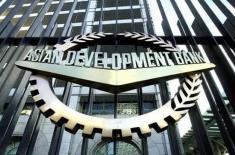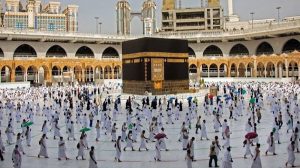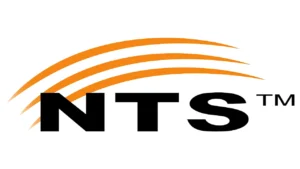ISLAMABAD: The law makers on Saturday emphasized on export-led growth, alternative sources of energy and tax reforms for sustainable growth in the country.The parliamentarians said that economic discipline and fiscal consolidation is significant for the recovery of external debt, which the government needs to focus on.
They also gave comprehensive proposals for documenting the country’s economy.Participating in the budget debate, Dr Mirza Ikhtiar Baig, MNA, Pakistan Peoples Party (PPP) said that the industries should be encouraged in the Budget 2024-25, so that industrial growth can take place in the country to provide employment opportunities to the people.
He said that the decision of tax duties on electronic vehicles should be delayed so that alternative sources of energy and transportation can be promoted in the country.Senior lawmaker said that the exporters should be given relief so that there can be export-led growth in the country.He said that the export industry is not going above $ 30 billion, and the textile exports are also standing at $16 billion.
The Industrial sector in the merged district of tribal areas should not be tax free, he said.
He said the tax on the salaried class is already high, it should be withdrawn, and they should be incentivized.He said that agricultural inputs have been taxed, which will increase the cost of production and inflation in the country.
The government has controlled inflation, which is a commendable and good move, he said.
Syed Mustafa Kamal, MNA, MQM said that now economic emergency is required in the country and at this critical time all the political parties should sit together and resolve the economic problems.
He said that there is a need for economic discipline and fiscal consolidation in the country, which will lead to sustainable growth in the country.He said that the volume of internal debt is larger than the external debt, at this time the country should make a comprehensive plan to get out of the debt trap.
Mustafa Kamal said that the State-Owned Enterprises (SOEs) and independent power producers (IPPs) are currently a burden on the country’s economy, and it needs to be resolved through a comprehensive strategy.He said that steps are needed to end the interest system in the country, and this will lead to economic growth in the country.
The MQM leader proposed that the country’s elite, including members of parliament, should donate 25 percent of their personal assets for the repayment of foreign loans.Abdul Qadir Patel, Senior leader of Pakistan PPP and MNA, said that “we need a comprehensive plan for economic development so that there can be sustainable economic growth in the country.
He said that all political parties should form a good economic team for comprehensive economic planning so that good economic policies can be formulated in the country.He said that the basic unit of the country’s economy is a household and when people are prosperous, the economy is developed.Patel said that the country is currently facing economic challenges and there is a need for a plan to repay the external debt.
In the Budget session the opposition is unable to give any comprehensive proposals for economic development and reforms; rather, criticism after criticism is being made in the budget session.Earlier, the leader of Opposition in the House Umar Ayub Khan on point of order said that China Pakistan Economic Corridor (CPEC) is key for the economic development of Pakistan, which is an excellent example of economic cooperation between China and Pakistan.
He said that the leadership of the Communist Party of China recently visited Pakistan and it is the best time for the government to pave the way for economic development and investment through bilateral comprehensive negotiations.Umer Ayub said that security and economic development is necessary for each other, therefore, for economic development, there is a need to pay close attention to internal security.
He said that in order to deal with the country’s economic challenges, the government should seriously take all stakeholders on board, so that the confidence of the business community and investors in the country is restored.









